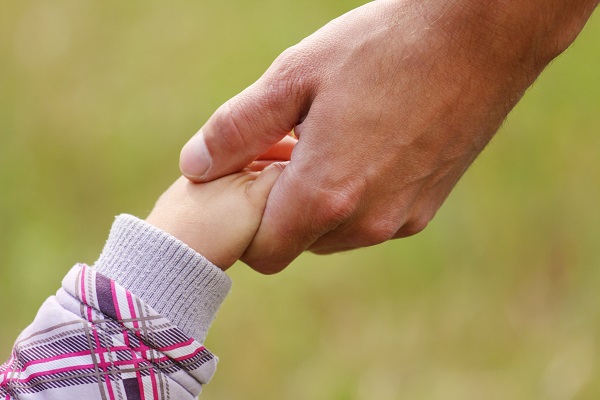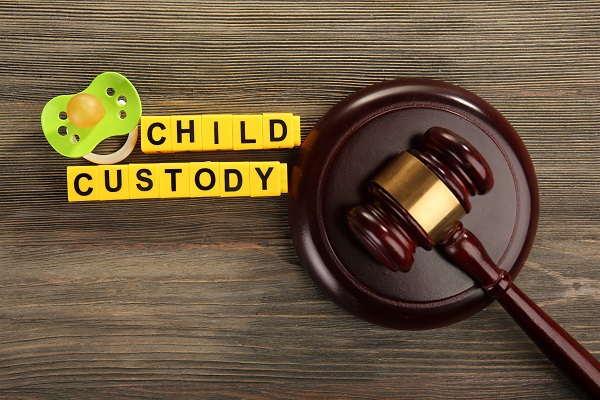When parents divorce, some of the most important decisions they face relate to their children. For example, Max and Becca didn’t disagree about much during the early stages of their divorce. However, both were a bit stymied when it came to the kids. They weren’t sure how to prepare a parenting plan that the judge would approve. Let’s look at four of the most important factors considered during child custody discussions.
Health & Safety of Child
Each parent generally is expected to play a role in the health and safety of the child. In fact, the judge may consider this a primary concern when reviewing a parenting plan or making custody decisions.
One way to promote the
health and safety of a child is to remember that children generally are more likely to
thrive when parents:
- Avoid physical violence toward each other or the child;
- Agree on living arrangements and rules;
- Provide a safe and appropriate environment for visiting with family and friends.
A parenting plan usually includes agreements on how to handle medical issues, including doctor visits, vaccinations, health insurance, and emergency medical treatments.
Relationship with Family
Another area of critical importance is the child’s relationship with his or her parents and extended family. A judge may scrutinize a parent’s interactions with the child before assigning joint legal custody, sole legal custody, joint physical custody, or sole physical custody.
Judges generally like both parents to be involved in caring for a child. Signs of abuse, neglect, or domestic violence taint a child’s relationship with the abusing parent. California divorce courts put the child’s best interests before the parent’s need to be with their child.
Stability of Living Environments
While it’s important to consider how well a child and parent get along together, the living environment plays a big role in deciding custody:
- A parent who allows unsafe or illegal activities in the home may receive limited custody and visitation.
- Parents who move frequently and erratically may not be providing the best home environment.
Overall Best Interests of Child
California law requires a divorce court judge to make custody arrangements that are in the best interests of the child. During child custody discussions, courts may look at the big picture. For example, a child may love both parents, but the court grants sole custody to one parent or requires
supervised visits with the other parent. This may occur because one parent has put the child at risk or ignored the child’s basic needs of health, safety, home, and family.
Make Your Child Custody Discussions Count
Start with retaining an attorney who understands complex child custody arrangements., as does
Judy Burger who is a California Certified Family Law Specialist and founder of the Law Offices of Judy L. Burger.
To discuss how to handle property and divorce issues, please call us at 415-293-8314. The attorneys at the
Law Offices of Judy L. Burger assist clients in San Francisco, Beverly Hills, Marin County, Santa Barbara, Ventura/Oxnard, San Jose, Gold River (Sacramento), and surrounding communities.











